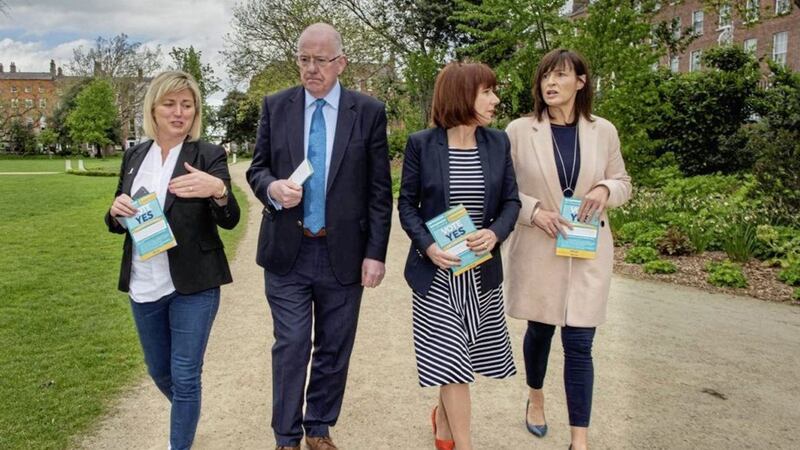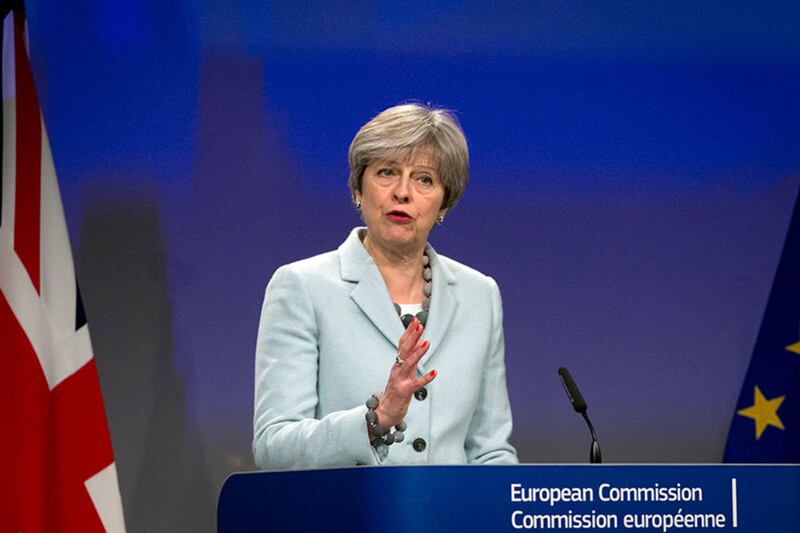MARRIED couples in the Republic are set to face a reduced separation period of two years before they can divorce after a landslide referendum vote in the Republic.
An 82 per cent Yes vote was confirmed in the early hours of yesterday at Dublin Castle with just 17 per cent of the 1.7 million people who voted opting for No.
Divorce was only legalised in the Republic in 1995, after a tightly-run campaign which was narrowly approved by 50.28 per cent of those who voted in the referendum.
Justice Minister Charlie Flanagan is now set to bring forward a Bill to amend Section 5 of the Family Law (Divorce) Act 1996 to reduce the minimum living apart period to two years during the previous three years.
However, he said "core protections for marriage" will remain in the constitution.
"The Government wants to ensure that the process for obtaining a divorce is fair, dignified and humane, and allows both parties to move forward with their lives within a reasonable timeframe," he said.
"It is therefore my intention to reduce the living apart period to a minimum of two out of the preceding three years and to do so by way of ordinary legislation, which I will bring forward as soon as possible."
Couples currently have to prove to a court that they have been separated for a long period - four of the previous five years - before they can secure a divorce.
Voters were asked to amend the state's constitution to hand politicians the power to set the length of the "pause period".
Couples can currently secure a judicial separation in a shorter timeframe, but they must then proceed to a second legal stage to obtain a formal court-approved divorce.
Those advocating a No vote had warned against the prospect of "quickie divorces", expressing concern about giving politicians a free hand to potentially reduce the waiting time even further in the future.
A second element of the referendum focused on foreign divorces.
The Yes vote is set to make it easier for those divorces to be recognised in the Republic.
Culture Minister Josepha Madigan, an advocate of the liberalisation of the Republic's divorce laws, thanked those who voted in the referendum.
In 2016 Ms Madigan moved a Private Member's Bill that proposed a liberalisation of the law, which led to the referendum.
"I think it's an emphatic, unequivocal result, and, even though we have a very low marital breakdown in Ireland, it just demonstrates the amount of people who stand in solidarity with them," she said.
"It's a real groundswell of support and compassion for all those people suffering from marital breakdown and I really want to thank the Irish people for coming out and supporting them."





